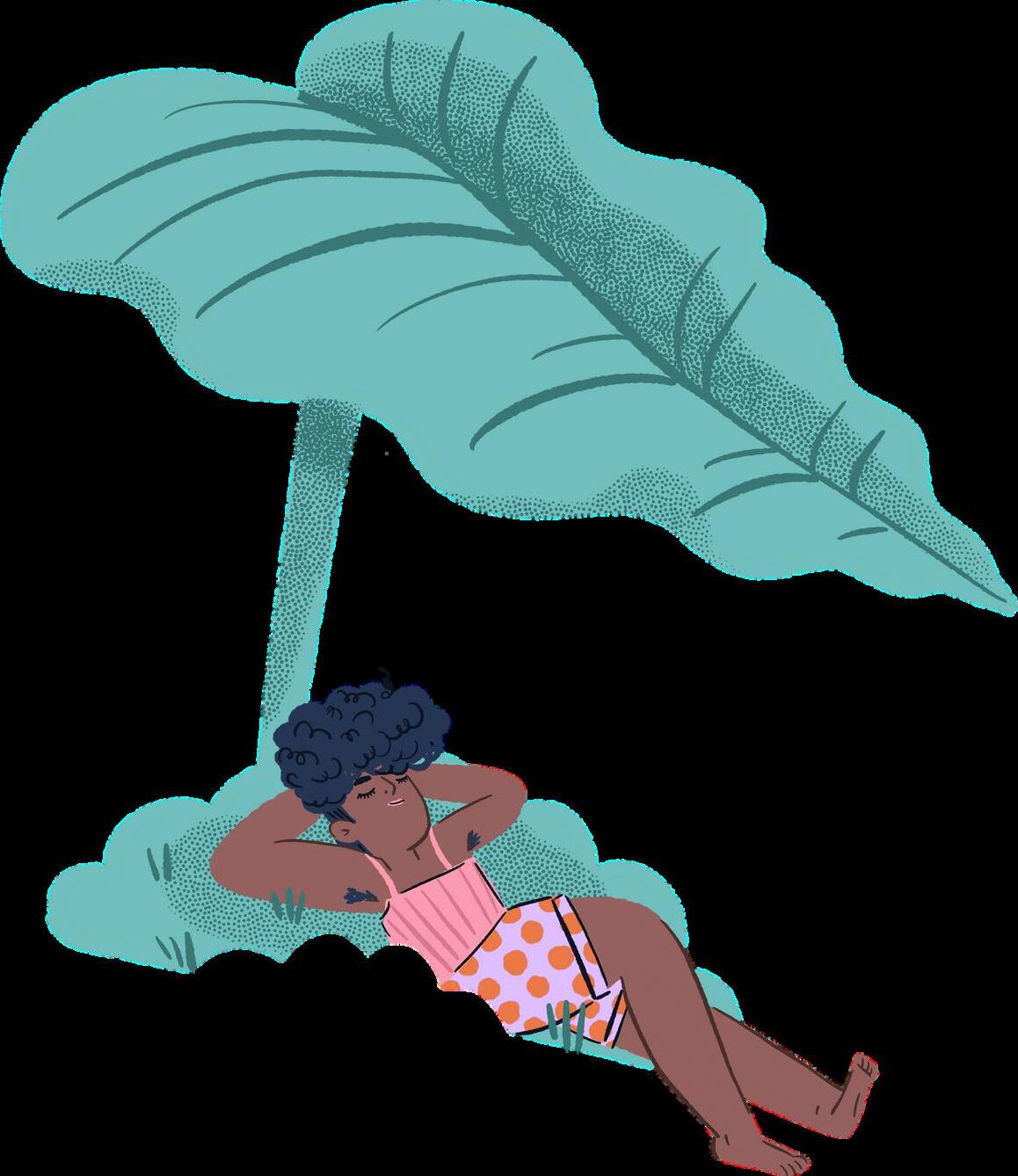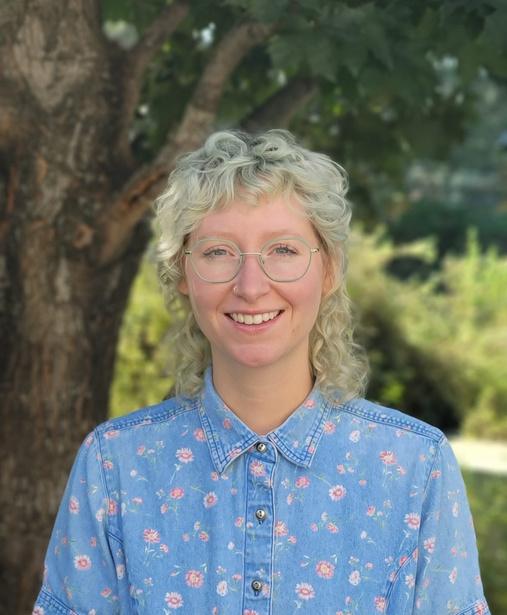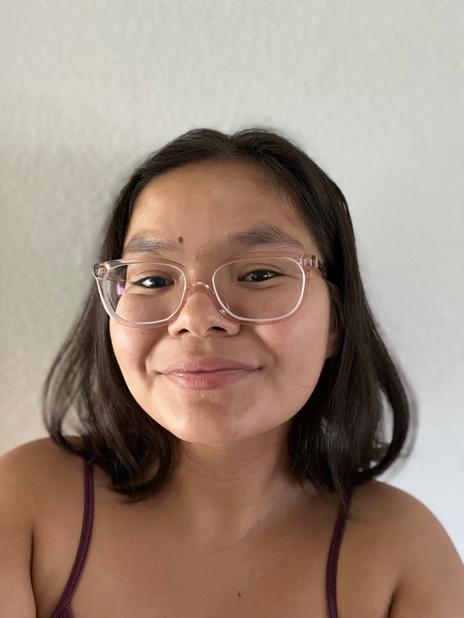March‘24


How does Daylight Savings affect sleep? Issue#3
SnoozeorLose!







This month’s newsletter outlines findings from two papers about a transition we all go through: Daylight Saving Time
Owen et al. (2022) explored sleep before, during, and after the transition to Daylight Saving Time.
Participants wore a watch that tracked how long and how well they slept each night.

In the morning, they reported how rested they felt after the night’s sleep.
They found that in the week after the transition to Daylight Saving Time: People slept about 30 min less per night
Ratings of quality of sleep were worse They felt less rested in the morning
Roenneberg et al. (2019), explained why these disruptions in sleep may occur
In a “natural day” the light of the sun and darkness at night are the main signals that adjust the timing of our body’s “clock”.
The change in clock time causes discordance between the timing of daylight exposure, darkness, and our body’s perception of time.
This change has been associated with negative effects on sleep and cognition.
In the weeks before, during, and after Daylight Saving Time transition being more intentional about our self-care and sleep practices can mitigate these impacts.
Consistently having poor-quality sleep increases the risk of health problems like cardiovascular disease, highblood pressure, diabetes, depression, and obesity.
Lack of sleep or consistent low quality sleep is also linked to memory problems, forgetfulness, and more falls or accidents
Avoid distractions such as cell-phones, computers, and televisions in your room
Avoid long naps (over 30 minutes) in the late afternoon or evening.

wake up at the same time every day weekends!)
ys to relax before bedtime each night. quality and quantity of your sleep. CES
n’t eat large meals or drink caffeine or ohol late in the day.
Exercise at a regular time each day, but not within 3 hours of sleep.









The CogMo Lab is situated in WSU Pullman’s Kinesiology program, studying the cognitive neuroscience of human movement. We are interested in understanding movement throughout the lifespan, in health and disease. Each newsletter will highlight current scientific studies on cognition, brain function, and movement, with research-backed techniques to help readers implement health-improving behaviors.
We would love to hear your thoughts and feedback: cogmo@wsu.com!
Dr. Shikha Prashad Lab Director, Assistant Professor in Kinesiology